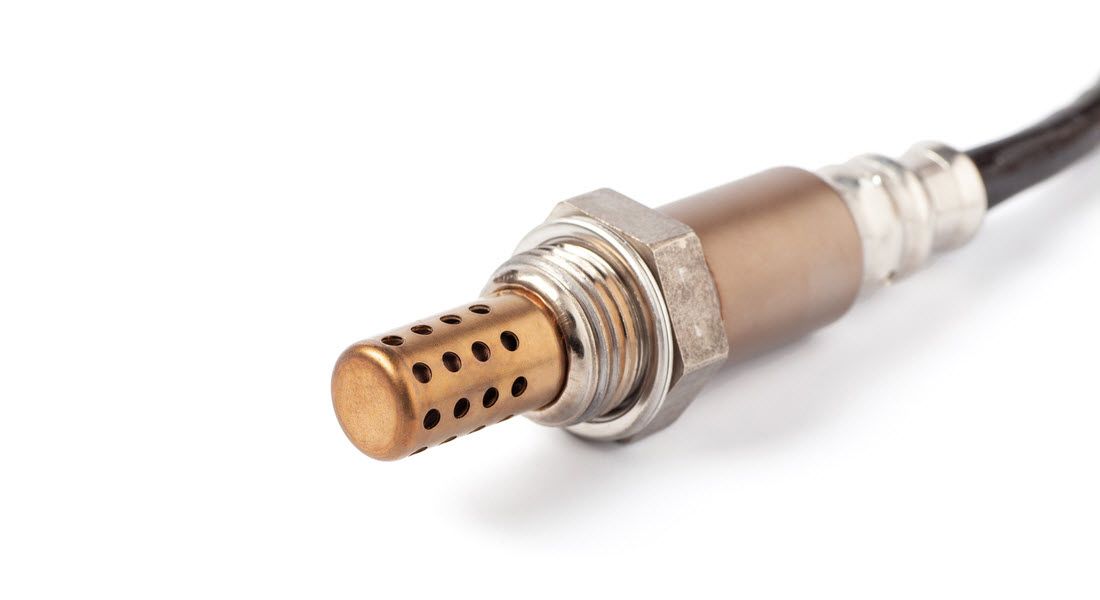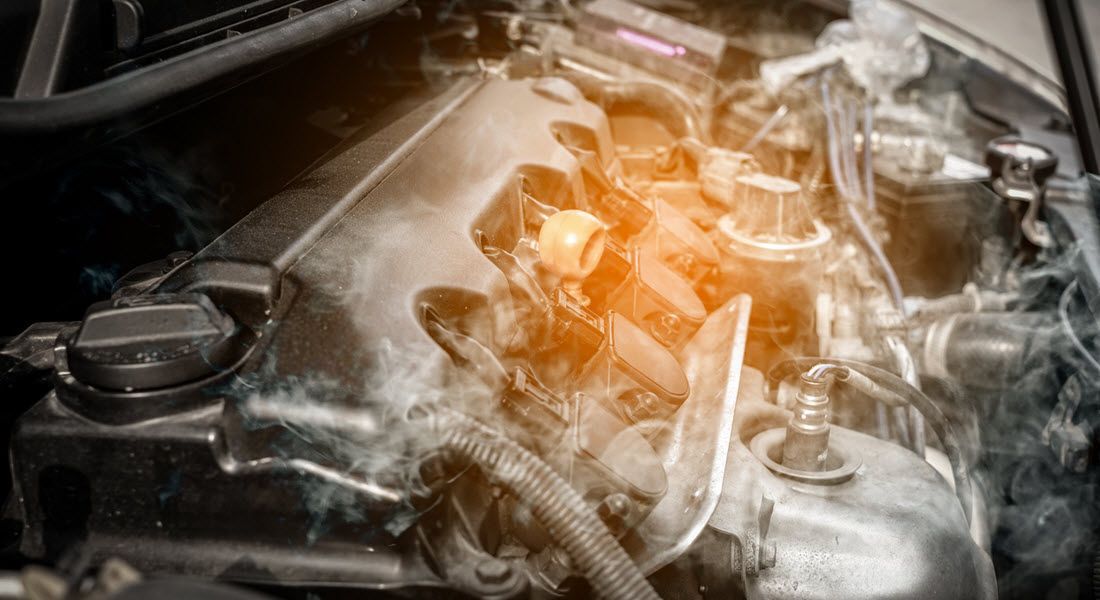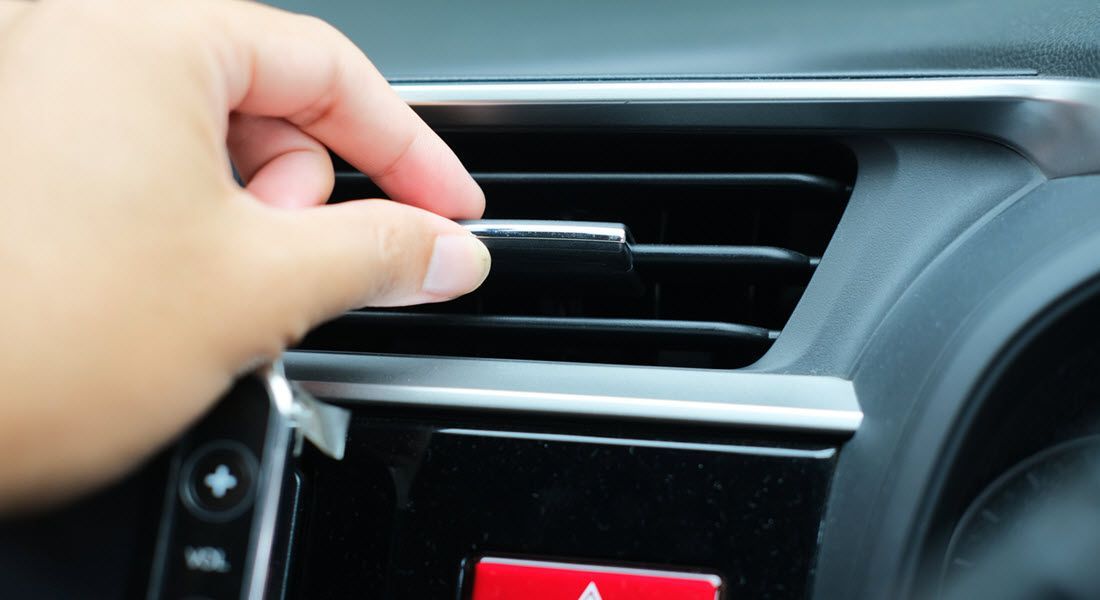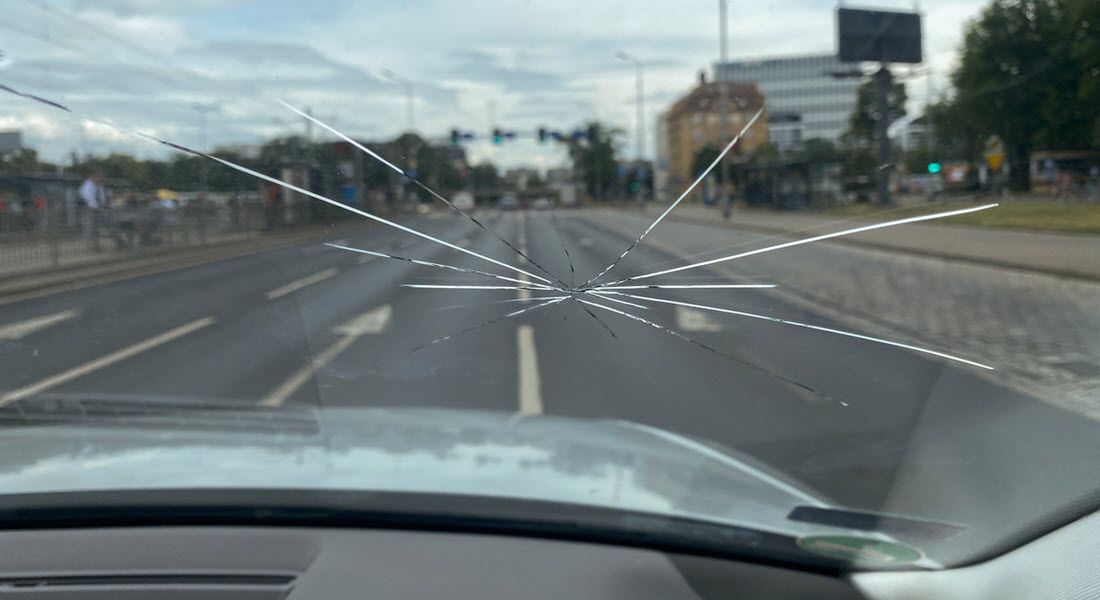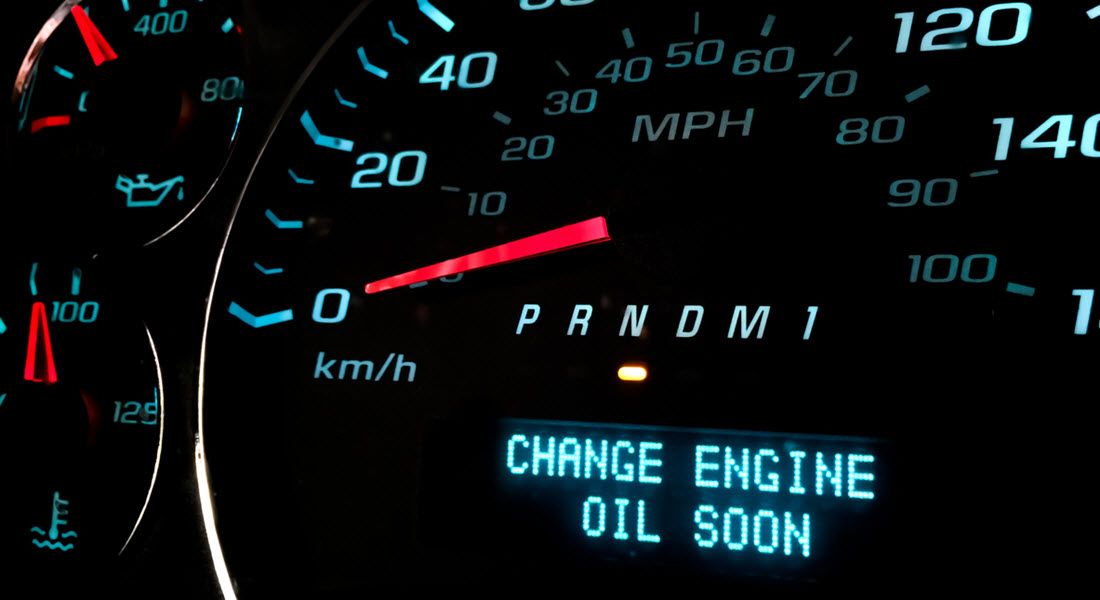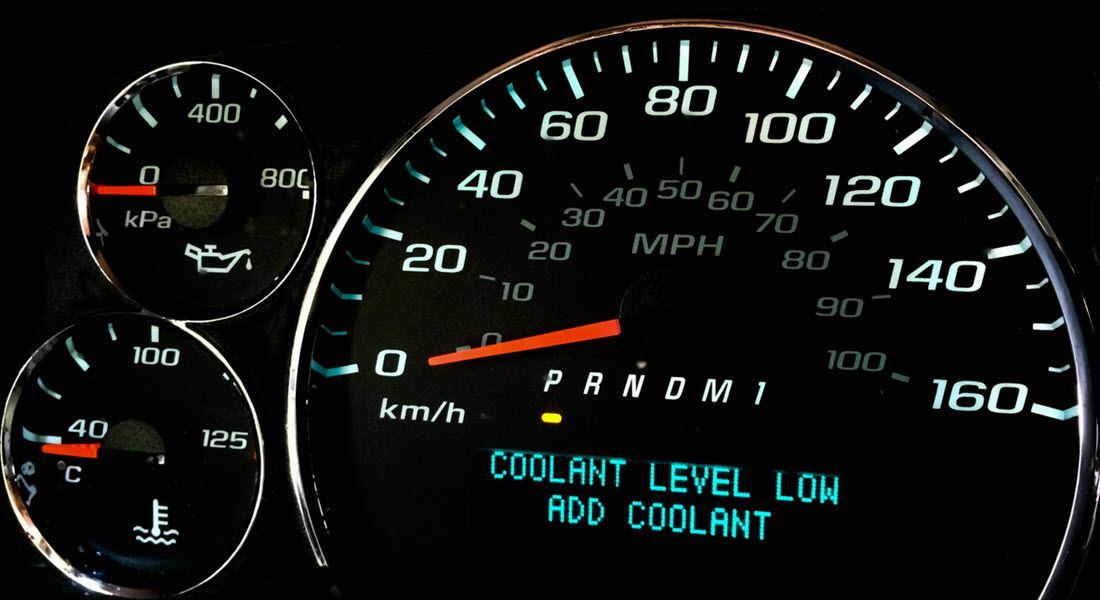European Auto Parts Tariffs to Raise Repair Bills
If you drive a European vehicle now is the time to pay attention to your car’s maintenance schedule. The U.S. is preparing to enforce new tariffs on imported vehicles and auto parts, and that means one thing for drivers of brands like BMW, Audi, Mercedes-Benz, Volkswagen, and Volvo: higher repair costs are on the way. These price increases aren’t theoretical — they’re already on the horizon, and they’ll impact both everyday maintenance and unexpected repairs.
We’ll explain how these tariffs will affect European car owners, why it’s smart to schedule service sooner rather than later, and how staying ahead on maintenance can save you serious money.
New Tariffs Will Impact European Car Repair Costs
The newly announced tariffs, introduced under former President Donald Trump’s trade policies, target foreign-made auto parts, including those widely used in European vehicles. Once implemented, the cost of many key components — from electronic control units and sensors to transmission assemblies and engine parts — is expected to increase by as much as 25%. These tariffs are part of a broader push to support domestic manufacturing, but in the short term, they’ll drive up the cost of vehicle ownership for anyone relying on imported parts.
For independent repair shops and dealerships alike, the extra cost of bringing these parts into the U.S. means one thing: higher prices passed down to customers. Even parts that are relatively common today may soon be priced well above what you’re used to.
European Brands Rely Heavily on Imported Parts
European vehicles are known for their engineering precision — but that also means they rely on highly specialized parts that are often only available from overseas suppliers. Whether you’re driving a BMW, Audi, Mercedes, or a similar brand, chances are good that many of your vehicle’s components are sourced from Europe.
Even models assembled in North America often include critical systems like powertrains, emissions sensors, and climate control modules that are imported from European factories. Once the tariffs take effect, those parts will cost significantly more — and if a repair involves multiple components, the total cost can add up quickly.
If you’ve ever had to replace a timing chain tensioner, a turbocharger, or an electronic steering module on a European vehicle, you already know those aren’t cheap repairs. With a tariff markup added to the cost of the parts, those services could soon become even more expensive.
Why You Shouldn’t Wait to Schedule Service
Putting off needed maintenance or repairs is never ideal, but with tariff-driven price hikes approaching, procrastinating could be a costly mistake. If your European car is already showing signs of wear — whether it’s a check engine light, a strange vibration, or a braking issue — addressing it now could save you hundreds of dollars.
Even routine services like brake pad replacements, coolant flushes, or scheduled mileage-based inspections might soon be impacted. Parts that were affordable last month could jump significantly in price by the next. And if a small problem becomes a major one, you may be looking at an even steeper bill that includes both a higher part cost and additional labor.
Here’s why acting now makes sense:
- You’ll avoid the price surge on commonly used components.
- Preventative maintenance today is almost always cheaper than reactive repairs later.
- You can lock in service now while labor and parts costs are still predictable.
Take These Preventative Steps Before Costs Rise
If you drive a European vehicle, here’s what we recommend doing now:
- Book a professional inspection: Our trained technicians will spot early wear on parts that may soon cost more under the new tariff structure.
- Don’t delay warning signs: If you’re experiencing performance issues, odd noises, or dashboard warnings, schedule diagnostics now while parts are still reasonably priced.
- Stay current on scheduled maintenance: Replacing filters, belts, fluids, and spark plugs on time helps your vehicle run efficiently and avoids damage that leads to costly repairs.
- Plan ahead for known repairs: If your service history shows a big-ticket item coming up, like a timing belt or clutch, now is the time to take care of it.
These steps not only help you avoid rising costs — they also give you peace of mind that your car is safe, reliable, and running as it should.
Bertinis German Motors – Roseville, CA
At Bertinis German Motors, we’ve been working exclusively on German and European vehicles since 1997. Our team understands the unique needs of BMWs, Audis, Mercedes-Benz, Volkswagens, and Volvos, and we’re keeping a close eye on how these upcoming tariffs will affect our customers.
The tariff increases are coming, but you don’t have to be caught off guard. Beat the price hikes — book your appointment today, and let us help you protect your vehicle and your wallet.

